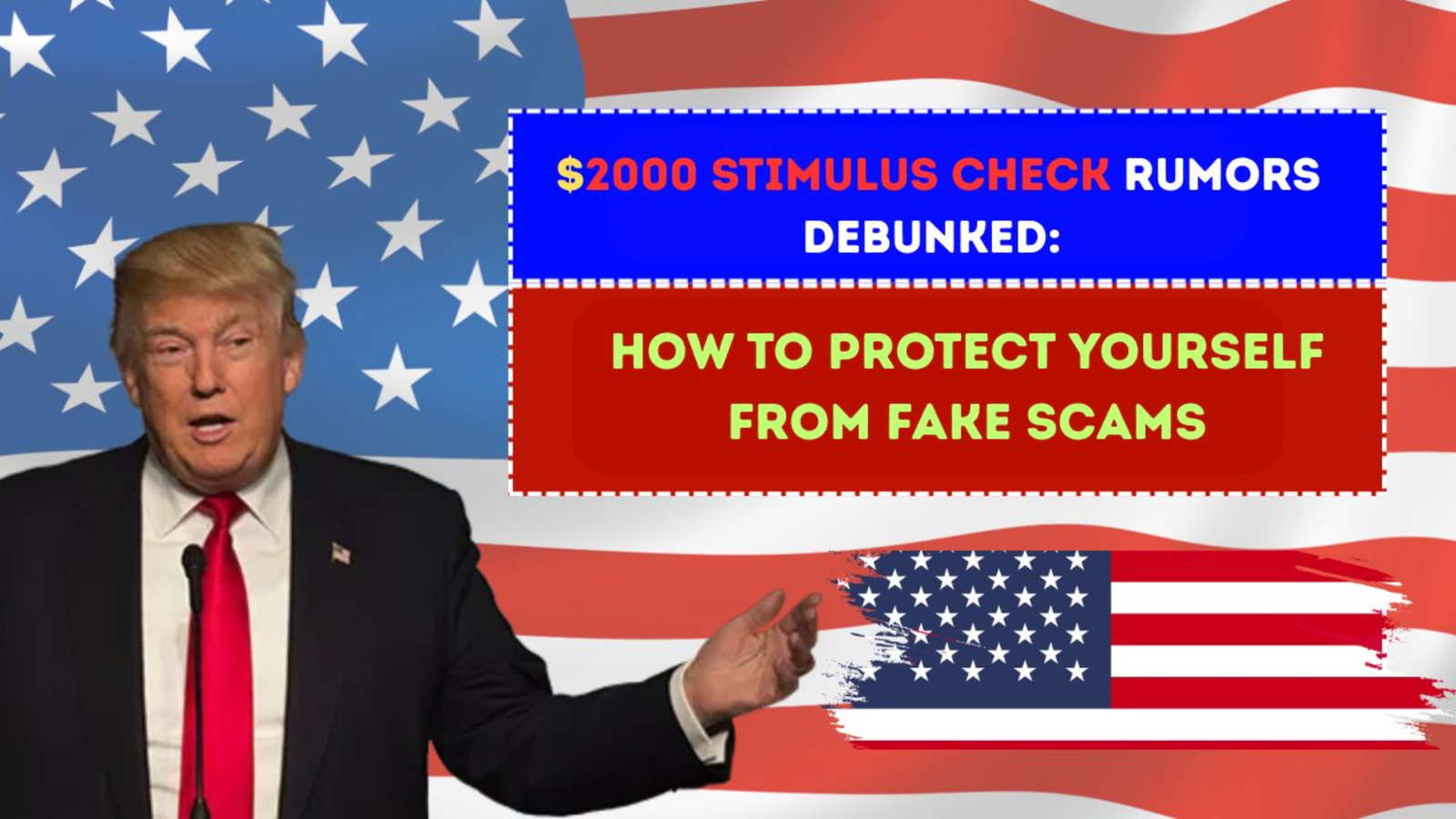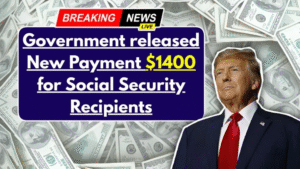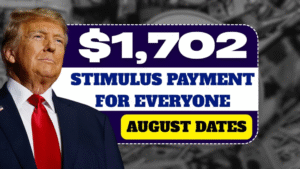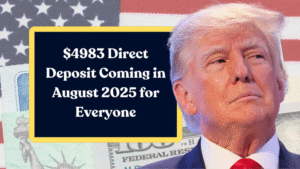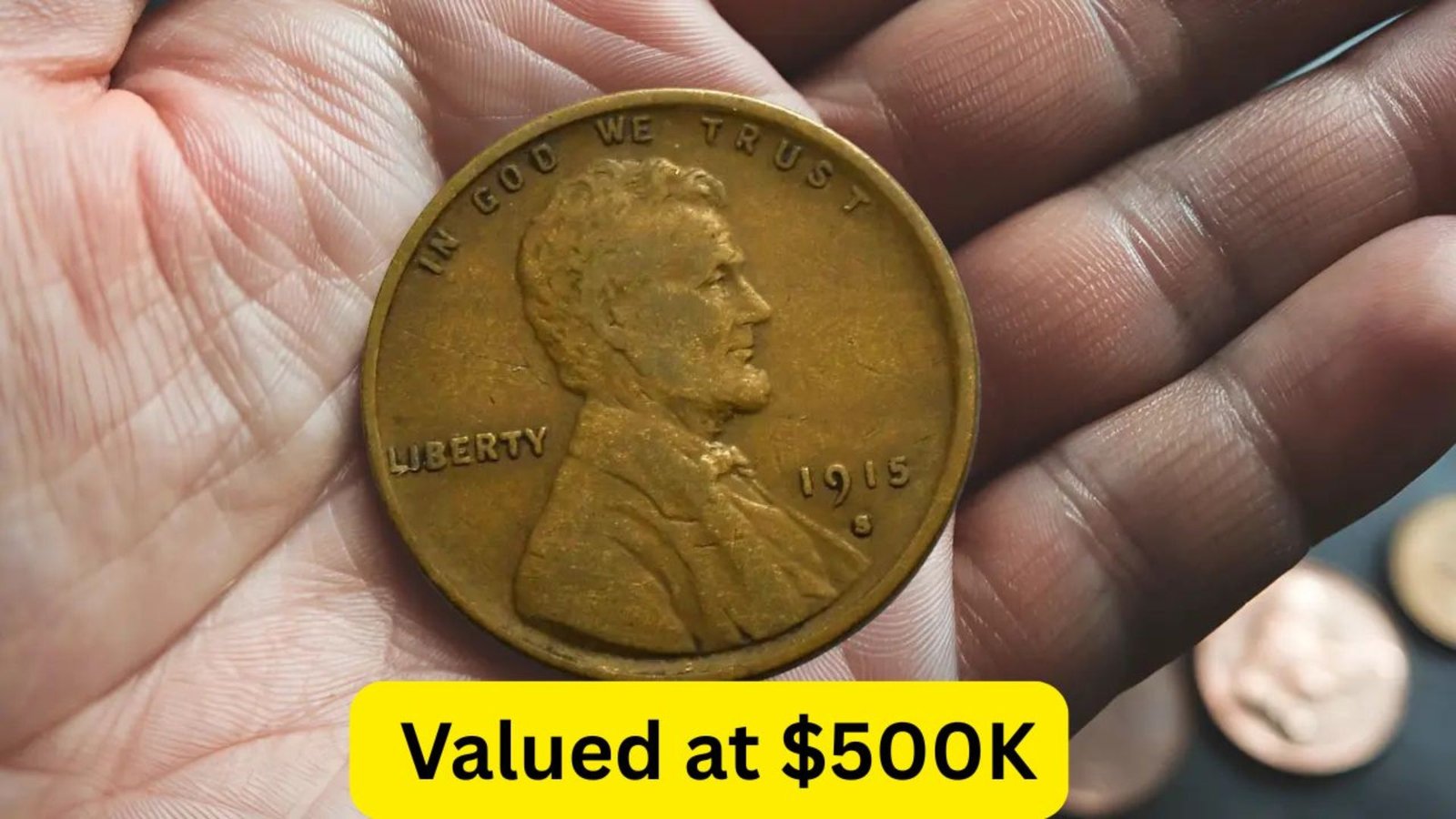Have you heard the whispers online about a fresh $2000 stimulus check landing in your bank account soon? It’s the kind of rumor that sparks hope amid rising costs, but what if it’s all smoke and mirrors? In this post, we’ll peel back the layers of these viral stimulus check rumors, reveal why they’re spreading like wildfire in 2025, and arm you with the facts to dodge fake scams. Stick around—by the end, you’ll uncover a surprising twist on real relief options that could still put money in your pocket.
What Are These $2000 Stimulus Check Rumors Anyway?
The buzz around a new $2000 stimulus check isn’t new, but it’s hit a fever pitch in 2025. Whispers started on social media, claiming the IRS is gearing up for another round of payments to ease economic pressures. Some posts even tie it to political promises or tariff rebates.
But here’s the intrigue: these claims often hide deeper motives, like luring you into sharing personal info. Digging deeper reveals no federal plan for such a payout, yet the mystery keeps people clicking and sharing.
The Surprising History of Stimulus Checks
Stimulus checks burst onto the scene during the 2020 COVID-19 crisis, with the government sending out three rounds totaling up to $3,200 per person. The first, under the CARES Act, gave $1,200; the second added $600; and the third, via the American Rescue Plan, delivered $1,400.
Fast-forward to 2025, and rumors echo these origins but twist them—some link to Trump’s tariff ideas or DOGE savings. The untold story? These payments were emergency tools, not ongoing perks, leaving room for scammers to exploit nostalgia.
Why Debunking Stimulus Check Rumors Matters in 2025
In a year of economic ups and downs, stimulus check rumors prey on real worries like inflation and job shifts. They’re relevant because misinformation can lead to financial loss—think identity theft or wasted time chasing ghosts.
But the excitement builds: knowing the truth empowers you to spot real aid, like state rebates or unclaimed credits. It’s valuable for protecting your wallet and peace of mind in an era where fake scams evolve faster than ever.
How to Protect Yourself From Fake Stimulus Scams
Want game-changing benefits? Start by verifying info directly from the IRS website—never click suspicious links promising early access to a $2000 stimulus check. Report shady texts or calls to authorities. Benefit by monitoring your accounts and using tools like the IRS’s “Where’s My Refund?” for legit claims. This approach not only shields you but could reveal overlooked rebates, turning defense into opportunity.
Jaw-Dropping Facts and Stats on Stimulus and Scams
Did you know over 1 million people missed out on 2021 Recovery Rebate Credits, prompting IRS auto-payments in late 2024? Or that scams spiked 300% during past rounds? Here’s a quick table of past federal stimulus check amounts:
| Round | Amount per Adult | Total Distributed |
|---|---|---|
| First (2020) | $1,200 | $293 billion |
| Second (2020) | $600 | $164 billion |
| Third (2021) | $1,400 | $411 billion |
And check this contrast in scam stats:
| Scam Type | Reported Cases (2020-2025) | Average Loss per Victim |
|---|---|---|
| Phishing Emails | 500,000+ | $1,500 |
| Fake Checks | 200,000+ | $2,000 |
| Unsolicited Texts | 300,000+ | $800 |
These numbers highlight the hidden dangers lurking in stimulus check rumors.
Insider Secrets: Expert Tips to Stay Safe
Experts from the FTC and IRS whisper these gems: Always ignore unsolicited messages asking for your SSN or bank details—real agencies don’t do that. Use two-factor authentication on financial apps. For unclaimed funds, file by April 15, 2025, for 2021 credits up to $1,400. Frame it as your secret weapon: Knowledge beats hype every time.
Frequently Asked Questions About $2000 Stimulus Checks
Is There Really a $2000 Stimulus Check Coming in 2025?
No official federal plan exists; rumors are unfounded, though proposals like the American Worker Rebate Act float $600 ideas.
How Can I Check If I’m Eligible for Any Real Payments?
Visit IRS.gov for Recovery Rebate Credits or state sites for local rebates—avoid third-party “helpers.”
What If I Get a Suspicious Message About Stimulus?
Delete it and report to ftc.gov; never share info.
Are State Stimulus Checks a Thing?
Yes, some states like California offer inflation relief up to $1,050—check your local treasury.
Can Scams Really Steal My Identity?
Absolutely; one click can lead to fraud, so stay vigilant.
Conclusion
In wrapping up this $2000 stimulus check saga, the real twist is empowerment: No massive federal payout is coming, but unclaimed credits and state aid await those who act wisely. Protect yourself from fake scams by sticking to official sources, and you might just pocket real cash. Share this with friends, check your eligibility today, or dive into related topics like tax rebates—your wallet will thank you!


